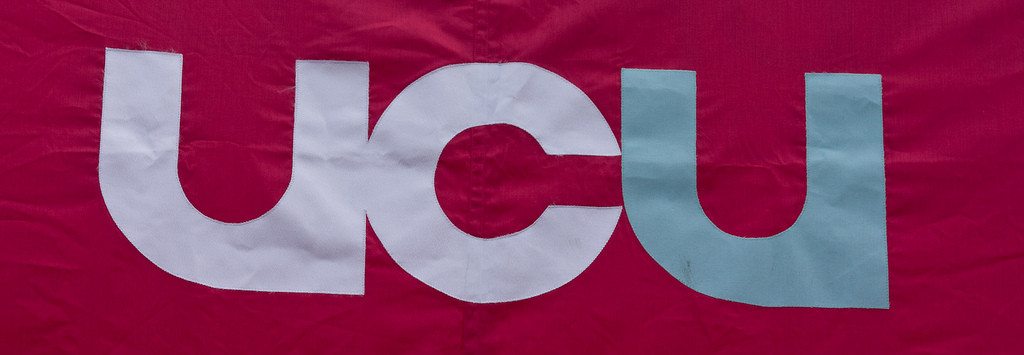Marking boycott officially called off
The marking boycott, which was due to start on May 6, has been officially called off by the University and College Union (UCU) after its members voted to accept a two percent pay offer.
83.7 percent of UCU members taking part in the ballot voted for the pay offer for next year while just under 16 percent rejected it.
According to a UCU statement today on May 2, “the dispute is over and the marking boycott off”.
The vote was called after the UCU postponed the start date of the boycott from April 28 to May 6 in consideration of the new pay deal which would offer a two percent increase in salary.
The proposed marking boycott was part of an ongoing pay dispute which started on October 2013 with a series of strikes over a previous one percent pay offer.
Over the past five years, there has been a 13.5 percent loss of university staff’s real wages.
A total of 30,141 votes were counted in the ballot, a turnout of 52.6 percent. 25,239 voted to accept the offer and call off the boycott while 4,902 voted to reject it.
Warwick University released a statement today saying: “Students and staff will both be pleased to hear that the University and College Union (UCU) has, this afternoon Friday 2 May 2014, formally informed the University that ‘…the pay dispute carried over from 2013 is resolved, and the marking boycott due to commence on 6 May will not be implemented. UCU has instructed all its members to work normally.'”
SU president Ben Sundell also reacted positively to the cancellation of the boycott: “It’s very positive that this agreement has been reached, and I’m extremely pleased that a marking boycott will not be impacting our students.”
The SU expressed an opposition to the marking boycott in a statement released in April. They stated that while they supported the pay dispute, they could not support “students’ futures being used as leverage in an external pay dispute.”
Miguel Costa Matos, Students’ Union (SU) social sciences faculty representative and Warwick Labour executive however responded in his blog post: “if this University cared about its students and their education, it could have avoided this dispute. It made a choice not to.”
He referred to the threatened lock out in early April which proposed to withhold pay for staff participating in the boycott. He stated that “Universities [then] suddenly found out they could afford to offer double the pay-rise”.
Mr Matos continued to refer to the statement by an independent government organisation that universities have almost £9 billion in reserves as well as Nigel Thrift’s 21 percent pay rise over the past two years.

Comments (1)